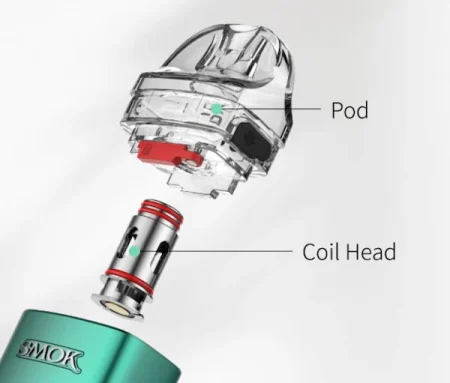The healthcare industry relies on skilled professionals to ensure smooth and efficient surgical procedures. Among these professionals, surgical technologists play a crucial role in the operating room by assisting surgeons, preparing surgical equipment, and maintaining a sterile environment. To enter this rewarding career, aspiring surgical technologists must complete surgical tech certification programs, which provide the necessary education and training.
What is a Surgical Tech Certification Program?
A surgical tech certification program is a specialized training course designed to equip students with the knowledge and hands-on skills required to work as surgical technologists. These programs cover essential topics such as anatomy, medical terminology, patient care, surgical procedures, and infection control.
Most certification programs are offered by vocational schools, community colleges, and universities, with options for in-person, hybrid, and online learning. Upon completion, graduates become eligible to sit for certification exams, which can enhance their job prospects and earning potential.
Types of Surgical Tech Certification Programs
There are several types of surgical tech certification programs, each offering different levels of training and credentialing:
1. Certificate and Diploma Programs
These short-term programs, typically lasting 9 to 12 months, provide foundational training in surgical technology. They are ideal for students seeking a fast-track entry into the field. Graduates of these programs are eligible to take certification exams, such as the Certified Surgical Technologist (CST) exam.
2. Associate Degree Programs
Associate degree programs in surgical technology typically take two years to complete and offer a more in-depth education. In addition to core surgical technology courses, students complete general education subjects such as math, English, and biology. An associate degree can provide better career advancement opportunities.
3. Bachelor’s Degree Programs
While less common, some institutions offer bachelor’s degree programs in surgical technology or related fields. These programs are ideal for those who wish to pursue leadership roles or continue their education in healthcare.
Certification and Licensing Requirements
Certification is not always legally required, but many employers prefer or require certified surgical technologists. The most recognized certifications include:
- Certified Surgical Technologist (CST) – Offered by the National Board of Surgical Technology and Surgical Assisting (NBSTSA), this certification requires passing an exam after completing an accredited program.
- Tech in Surgery – Certified (TS-C) – Provided by the National Center for Competency Testing (NCCT), this certification requires either formal education or work experience.
- Certified Operating Room and Surgical Technician (CORST) – Offered by some organizations, this credential validates specialized expertise in surgical technology.
In some states, additional licensing or registration may be required.
Benefits of Completing a Surgical Tech Certification Program
Enrolling in a surgical tech certification program offers numerous benefits, including:
- Higher Employability – Many healthcare employers prefer hiring certified surgical technologists.
- Increased Salary Potential – Certified professionals often earn higher salaries than non-certified counterparts.
- Greater Career Advancement Opportunities – Certification opens doors to specialization, leadership roles, and continuing education in healthcare.
- Job Security – The demand for surgical technologists is growing, ensuring stable career prospects.
How to Choose the Right Surgical Tech Certification Program
When selecting a surgical tech certification program, consider the following factors:
- Accreditation – Ensure the program is accredited by organizations such as the Commission on Accreditation of Allied Health Education Programs (CAAHEP) or the Accrediting Bureau of Health Education Schools (ABHES).
- Program Length – Choose a program that aligns with your career goals and timeline.
- Clinical Training Opportunities – Hands-on experience is crucial for developing practical skills.
- Certification Preparation – Verify that the program prepares students for certification exams.
- Job Placement Support – Some programs offer job placement assistance for graduates.
Conclusion
Surgical tech certification programs provide the essential education and training needed to enter the field of surgical technology. With various program options, certification pathways, and career benefits, pursuing a certification in surgical technology can be a rewarding step toward a stable and fulfilling career in healthcare. Aspiring surgical technologists should carefully research and choose an accredited program that best fits their career goals.







